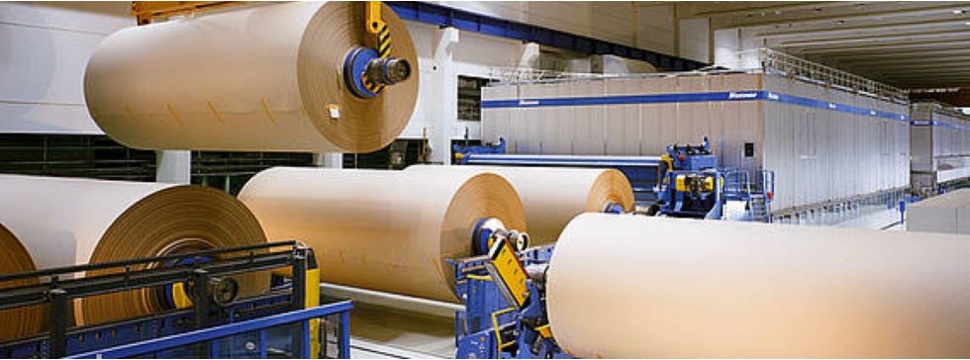Paper industry 2023: Significant decline after a race to catch up
News General news
The German paper and pulp industry, which employs around 46,000 people, suffered a significant decline in production and sales last year. The race to catch up in the post-corona years has come to a halt. The key figures for the industry are worse than they have been for a long time.

According to the association DIE PAPIERINDUSTRIE, production fell by around 14% to 18.6 million tonnes in 2023. This was the lowest level in the past 20 years. Sales slumped by 13 per cent to 18.8 million tonnes. Industry turnover fell by 27 per cent to 15.5 billion euros. The disproportionate reduction in turnover is also an indication of severe price reductions at the expense of companies' profitability. For the future, the industry is expecting new impetus from innovative packaging solutions made of paper, among other things, which represent a sustainable alternative to fossil-based plastics.
At 29 per cent, the decline in sales of graphic papers in 2023 was particularly dramatic and significantly greater than in the comparable European markets. Packaging paper and board also had to contend with a clear decline in sales (minus 7 per cent). The trend in the smaller main grade groups of tissue paper and speciality paper was somewhat less severe, with sales down 6 per cent in each case. The President of DIE PAPIERINDUSTRIE, Hans-Christoph Gallenkamp, CEO of speciality paper manufacturer Felix Schoeller from Osnabrück, emphasises: "Paper and cardboard are indicators of economic development. The declines in the two major sectors of printing and packaging clearly show the current economic weakness and the difficult market conditions in Germany. Our competitiveness is suffering from the sharp rise in energy costs. We are now feeling the consequences of the hasty energy transition and the Russian war of aggression in Ukraine on a massive scale. Added to this is the continuing trend towards digitalisation, which is leaving ever clearer traces, particularly in the area of print products. Plant closures and machine shutdowns are the sad result."
Last year's slump and the weak start to 2024 are taking their toll on many companies, especially as volumes were already declining in 2022. High energy, raw material and transport costs as well as increasing planning uncertainty due to short-term political changes are also weighing on the industry in the current year. This weighs heavily, as the paper industry plays an important role in an industrial circular economy based on renewable raw materials. The association is therefore urgently calling on politicians to simplify bureaucratic and regulatory requirements, bring the energy transition back on track and thus support the transformation of companies.










